Building sub-national government

Dual candidates running for the Welsh Assembly campaigned harder
There has been some controversy (and indecision) in Wales about whether National Assembly candidates should be allowed to stand for both a constituency and the regional list. Peter Hain argued it showed ‘utter contempt’ for voters, because someone who was rejected as an individual could nonetheless be elected. In the first two Assembly elections it […]

Can the centre hold? Devolution in England is gathering pace
The new metro-mayors are settling into their jobs. But will they lead to longer-term change in relationships between central and local government? Mark Sandford (House of Commons Library), Sarah Ayres (University of Bristol) and Matthew Flinders (University of Sheffield) argue that, although not radical, England’s devolution deals may contain the seeds of change. Similar PostsAssessing England’s metro-mayors: a mixed pictureSchrodinger’s devolution […]
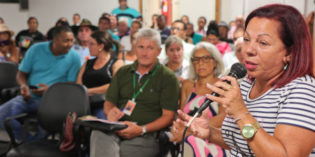
Book review | Popular Democracy: The Paradox of Participation, by Gianpaolo Baiocchi & Ernesto Ganuza
In Popular Democracy: The Paradox of Participation, Gianpaolo Baiocchi and Ernesto Ganuza examine contemporary forms of participatory governance by tracing the origins and development of participatory budgeting (PB) from its roots in Porto Alegre, Brazil, to its adoption in two cases, Cordoba, Spain and Chicago, USA. While acknowledging that PB has been seen as being too easily co-opted by neoliberalism, the […]

Audit 2017: How democratic are the institutions of devolved government in Northern Ireland?
Devolved government in Northern Ireland centres around unique institutions, a power-sharing Executive with ministers chosen on a proportional basis, answering to an Assembly elected using PR. It was designed to overcome the intercommunal strife that has characterised Northern Ireland public life: the challenges it has faced have been particularly acute, and its record has, inevitably, […]
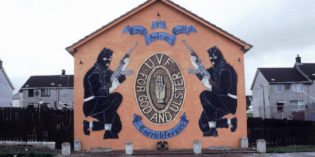
How evangelical religion contributed to peace in Northern Ireland
ECONI – an evangelical Protestant organisation – played a key role in establishing peace in Northern Ireland. Gladys Ganiel explains how its effectiveness rests in part on its credibility: ECONI’s evangelical identity provided it with a legitimacy that some ecumenical peace-building organisations lacked. Similar PostsThe DUP’s extremist links make it unfit to join a Conservative […]
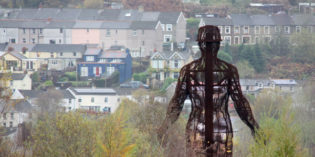
Audit 2017: How democratic is local government in Wales?
Within Wales, the local councils provide the main focus for democratic politics below the devolved government in Cardiff, and organise the provision of most local services. As part of our 2017 Audit of UK Democracy, James Downe looks at how well they fulfil their roles. A statue in Blaenau Gwent commemorates the Six Bells mining disaster […]
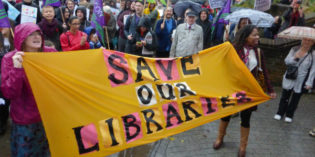
Audit 2017: How democratically organised and effective are the London boroughs in serving the capital’s population?
Within London the 32 London boroughs undertake most local services provision and planning, and play a major role in shaping the capital’s evolution. As part of our 2017 Audit of UK Democracy, Tony Travers looks at how well they fulfil their roles. A protest against the closure of libraries in Lambeth, 2015. Photo: Steve Eason via […]

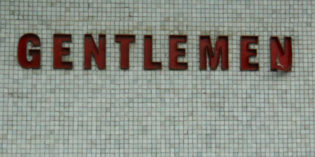
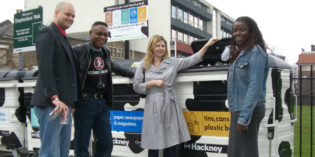


 Democratic Audit's core funding is provided by the Joseph Rowntree Charitable Trust. Additional funding is provided by the London School of Economics.
Democratic Audit's core funding is provided by the Joseph Rowntree Charitable Trust. Additional funding is provided by the London School of Economics.